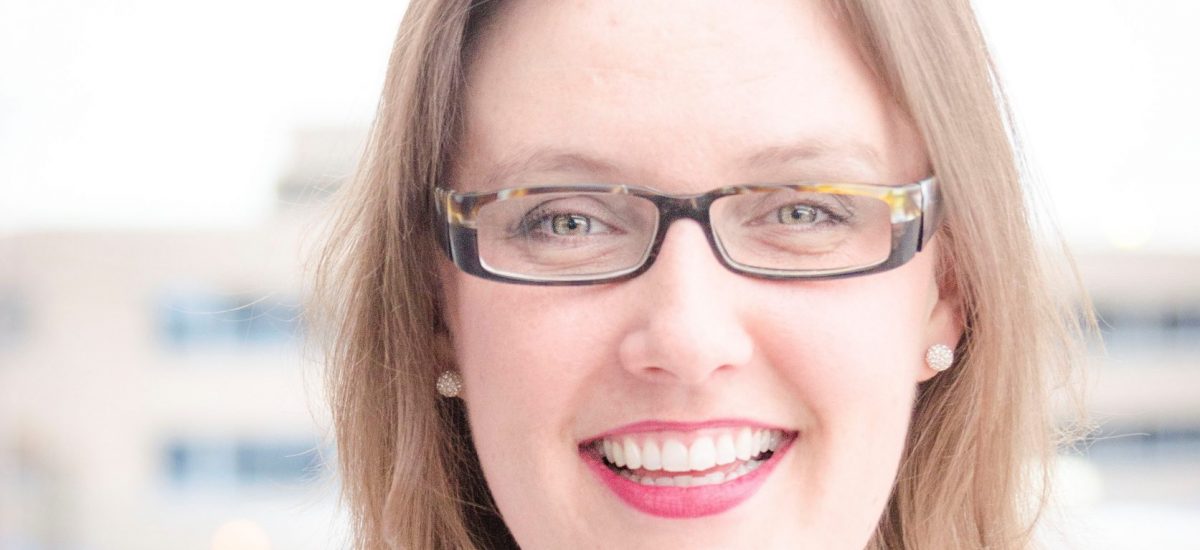Carrie Demmans Epp, a distinguished computer scientist, brings her expertise to the crossroads of applied linguistics, human-computer interaction (HCI), and artificial intelligence. Her work is driven by a singular goal: to empower individuals in their pursuit of knowledge and skill development.
As a Digital Futures Scholar in Residence from August to November 2024, hosted by Associate Professor Olga Viberg, Demmans Epp delved into the transformative potential of large language models (LLMs) in education. Her research focused on using these advanced AI tools to help students manage their learning processes. Through collaborative co-design activities, she reimagined how LLMs could meet the diverse needs of learners, from language students to those requiring tailored support services. Her innovative approach highlights the promising intersection of AI and education, paving the way for more inclusive and effective learning environments.
Hi Carrie, you joined Digital Futures as a Scholar in Residence this August. What motivated you to take on this opportunity, and how does it fit into your ongoing research interests?
– I wanted to work with Olga. Our prior and ongoing research interests are aligned, so I wanted the opportunity to develop a strong collaborative relationship.
Your work spans applied linguistics, human-computer interaction, and artificial intelligence. How do these fields intersect in your research, and what excites you most about working at their crossroads?
– The adoption of AI is limited by the processes through which people access it and integrate it into their existing practices. This HCI focus on AI applications holds great potential, especially given the recent advances in LLMs that have created opportunities to support language learners’ ability to learn how to speak and hold conversations.
During your residency, you’re focusing on using large language models (LLMs) to support students’ learning processes. Could you share more about how you envision these models being repurposed to meet learners’ unique needs?
– The models allow us to provide functionality that wasn’t previously possible.
Co-design is an essential part of your current work with LLMs. How do you involve students and educators in the process, and what insights have you gained so far from these collaborations?
– This is ongoing, so there have been no insights thus far. We ask students to envision the tools they want. This process can involve several techniques, such as sketching and storytelling.
Your residency was a relatively short one, lasting until November. What were the key goals you hoped to achieve during this time, and how do you plan to continue building on this work afterward?
– We have a study planned for April in Japan, where we will be conducting co-design with learners.
Text: Johanna Gavefalk





